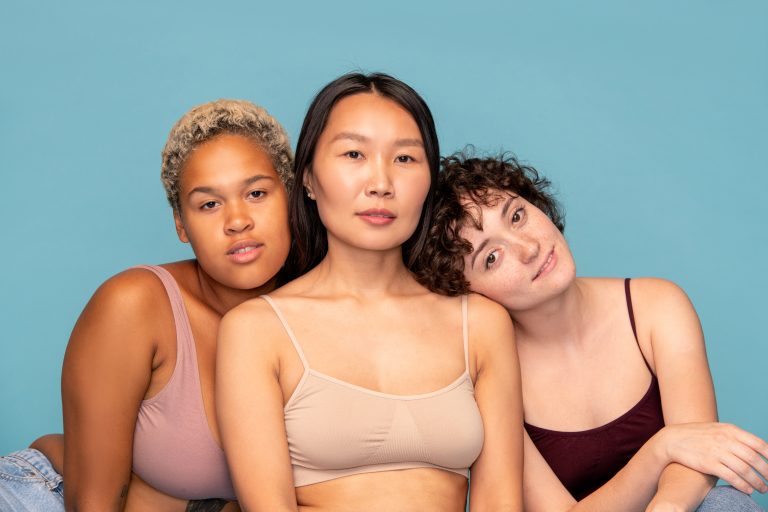You’ve heard about egg freezing. You might even be thinking about doing it someday.
But a question keeps coming up:
“Am I too young to freeze my eggs?”
Spoiler: Probably not.
While egg freezing is often talked about as a last-minute backup plan, the truth is: it works best when done earlier. The challenge? Knowing how early is too early and when it makes sense.
In this article, we’ll cover:
- What age is too young (and what’s too late)
- How age affects egg quality and quantity
- When egg freezing offers the most value
- What to consider if you’re in your 20s or early 30s
Table of Contents
ToggleHow Age Affects Your Eggs
Women are born with all the eggs they’ll ever have
— around 1 to 2 million at birth. By puberty, that number drops to ~300,000. From there:
- You lose ~1,000 eggs per month
- Egg quality begins to decline around age 30
- The decline accelerates after 35
This means that:
- Earlier egg freezing = better quality and higher chance of pregnancy later
- But freezing too early may not always be necessary—especially if your future family goals are flexible
What’s the Best Age to Freeze Your Eggs?
Most doctors agree the ideal window is:
- Ages 30–35: Best balance of egg quality and life clarity
- Before 30: Eggs are excellent quality, but personal goals may still shift
- After 35: Still possible, but lower egg quality and more cycles may be needed
Under 27? You’re not too young—but you might want to wait unless:
- You have a medical condition impacting fertility (e.g., PCOS, endometriosis)
- You know you want children much later.
- You’re planning early menopause due to family history or treatment.
- You simply want peace of mind
Is There a Too-Early Age to Freeze?
Technically, yes.
Freezing eggs before age 25 is rarely recommended unless there’s a strong medical reason. Why?
- Most people under 25 still have very strong natural fertility.
- It may be too soon to predict when or whether you’ll need those eggs
- You may eventually need to discard or pay long-term storage fees for unused eggs.
What to do instead:
If you’re under 28 and curious, start with fertility testing (AMH, FSH, AFC). It gives you data that you might beed.
➡️ Book a Care Navigator call to get a fertility screening recommendation
What Are the Benefits of Freezing Earlier?
Freezing eggs earlier means:
- Higher chance of success later with fewer eggs
- Less need for multiple cycles
- Stronger emotional peace of mind if family planning is delayed
- Greater flexibility if facing career, partnership, or medical uncertainties
A well-timed cycle before age 35 can potentially improve future outcomes.
Real-Life Story
“I froze my eggs at 32 before starting a high-pressure job overseas. It gave me peace of mind that if I wanted kids at 38, I’d have options and wouldn’t be rushed into decisions.”
— Eliza, 33
Things to Consider If You’re Under 30
Freezing young doesn’t mean skipping research. Consider:
- Long-term costs (egg storage is annual)
- How many kids you eventually want (1 cycle = 1 potential child)
- Emotional impact—freezing doesn’t remove uncertainty, but it provides a tool
- Whether you’d use donor sperm or do IVF in the future (if needed)
Myth vs Reality
| Myth | Reality |
| “I’m too young to worry about fertility.” | Fertility declines earlier than most expect—being proactive is powerful. |
| “Egg freezing is only for women over 35.” | It’s actually more successful when done earlier. |
| “I should wait until I’m sure I’ll need it.” | The earlier you do it, the better your results if you do need it. |
| “Egg freezing guarantees a future baby.” | It increases your chances—especially if done at the right time. |
Final Thoughts
If you’re under 30 and thinking about egg freezing, you’re doing great planning. You’re giving yourself options your future self might thank you for.
Egg freezing is a sign you’re taking control.
With the right timing and guidance, it’s one of the most empowering things you can do for your reproductive health.
Call to Action
👉 Wondering if now is too early—or just right—to freeze your eggs?
Our fertility hormone tests give you a clearer picture of your ovarian reserve and reproductive health.
→ Check Your Fertility with a Blood Test
Sources
ASRM – Fertility Preservation by Age
Mayo Clinic – Egg Freezing Overview
NIH – Ovarian Reserve and Egg Quality
FertilityIQ – Age and Success Rates
Anna Haotanto is the Founder of Zora Health and a passionate advocate for women’s empowerment. Anna’s personal experiences with egg-freezing, PCOS, perimenopause and the challenges of fertility have fueled her mission to provide high-quality information, financing, and support to help women and couples navigate their fertility journeys with confidence. She is also recognised for her achievements in finance, entrepreneurship, and women’s empowerment, and has been featured in various media outlets. You can also follow her on Linkedin or Instagram.




